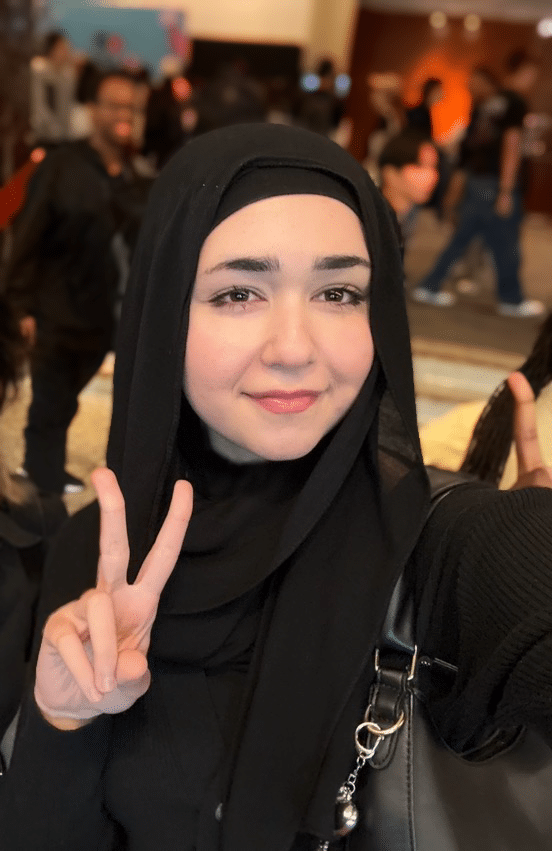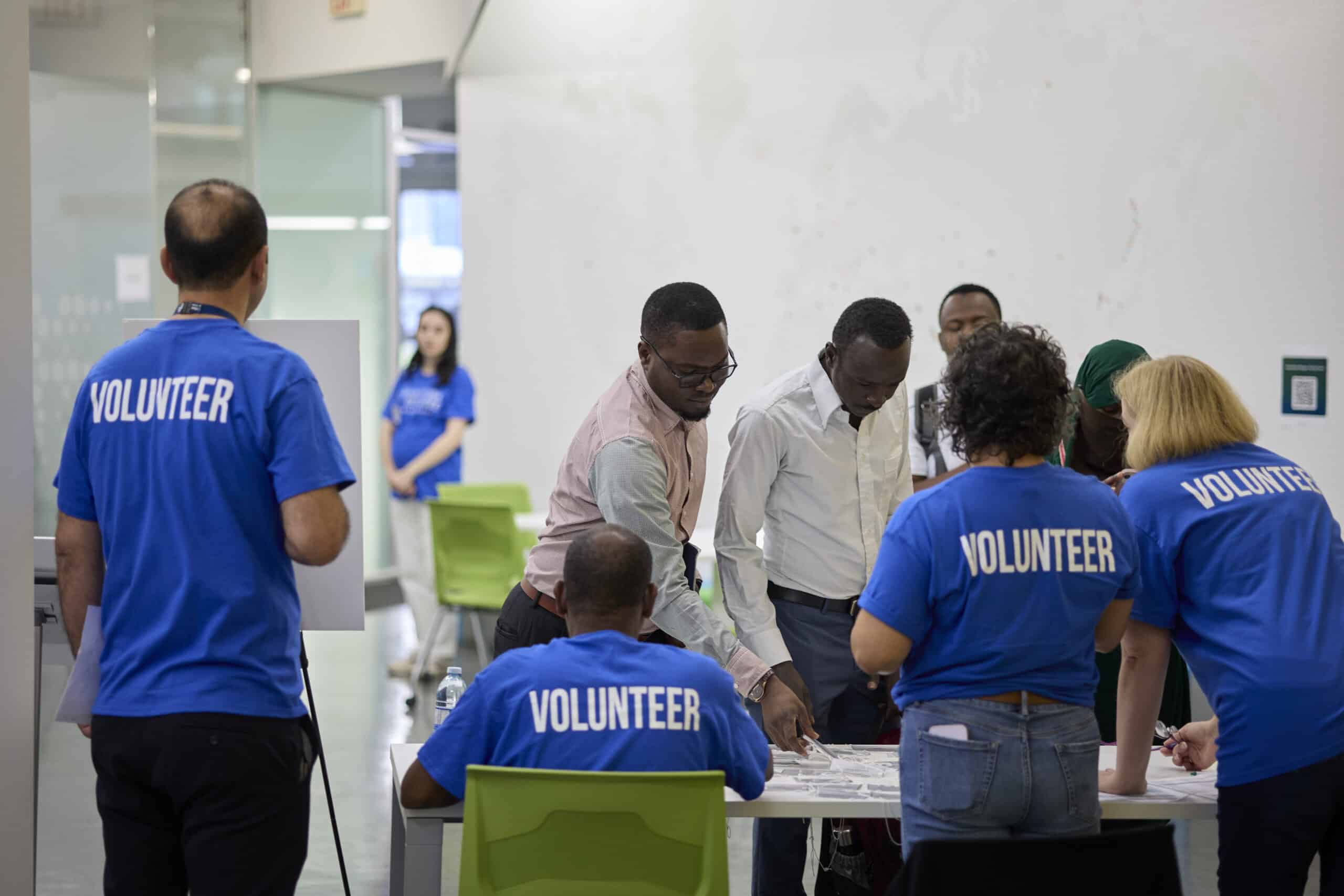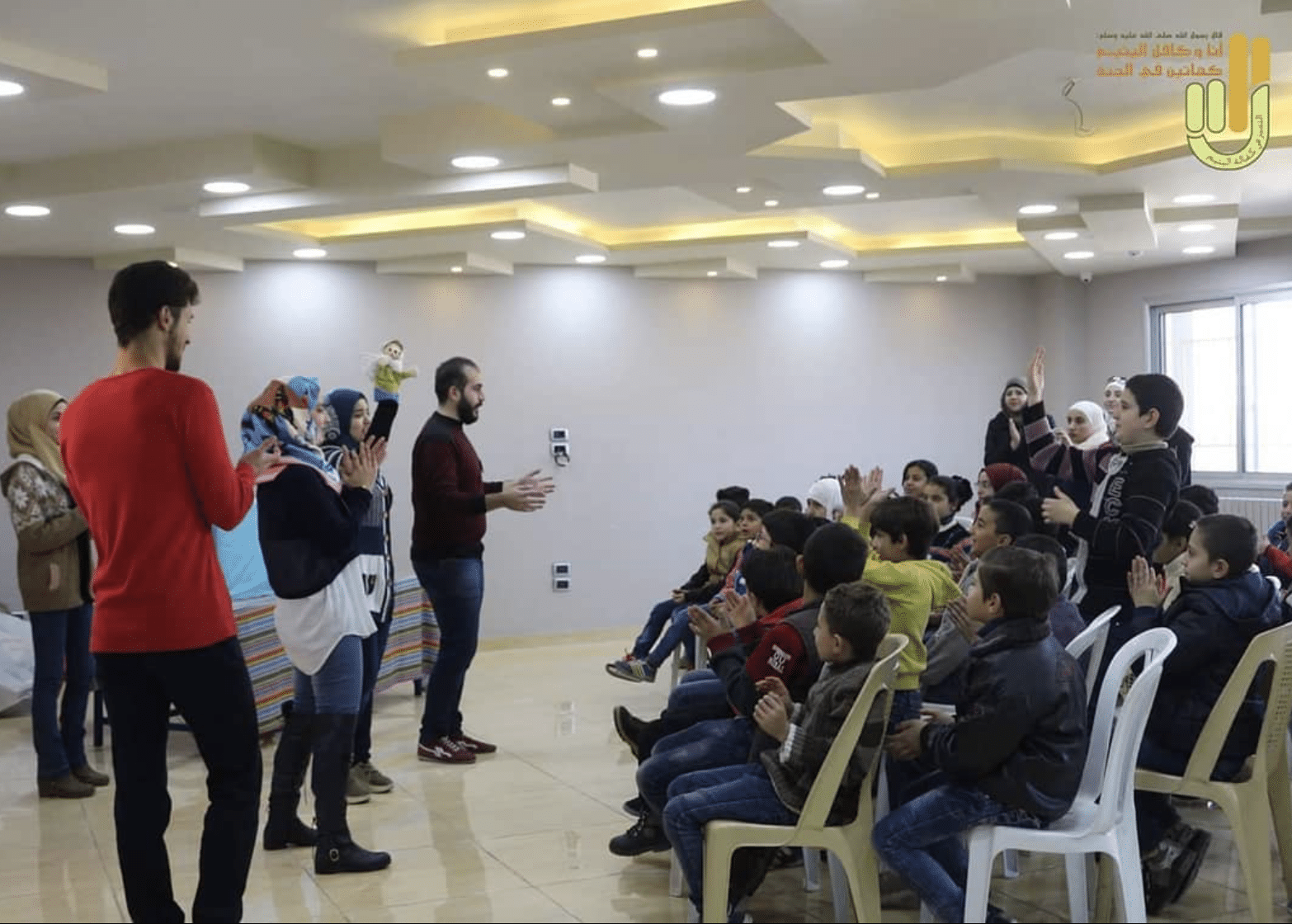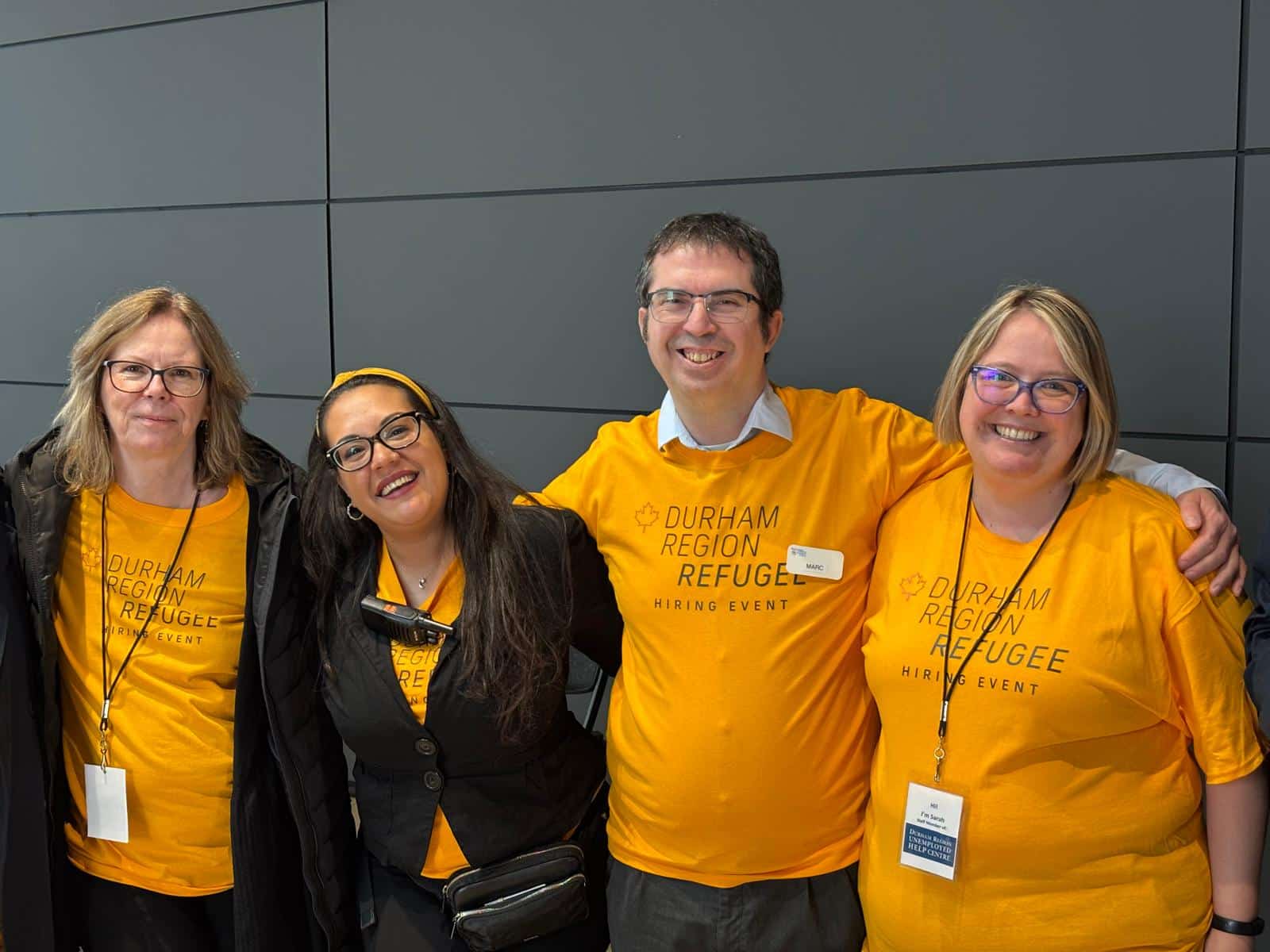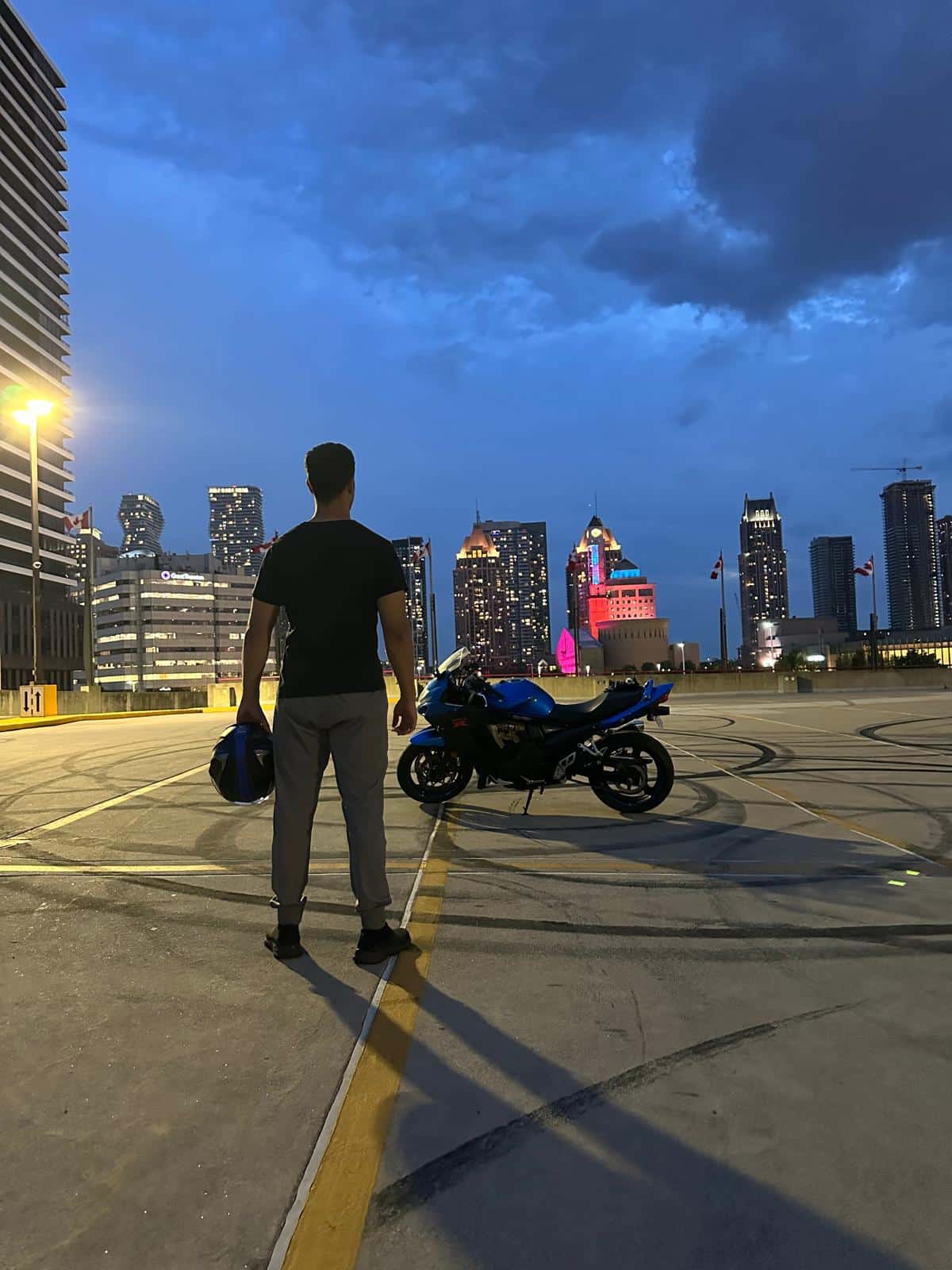The following blog is part of a larger series our interns and volunteers are producing on topics related to refugees. Each story is taken from their own personal perspective.
“L’étranger”; a French word that literally means “stranger,” but in context suggests a foreigner or outsider, someone who does not quite belong. When I first came across that word, it felt deeply familiar. It described something I have felt for as long as I can remember — a quiet search for belonging, for something intangible yet essential.
Although I was born and raised in Canada, I have always felt drawn to a place I have never been; a place my grandparents once called home. I did not grow up in conflict. I did not cross any borders. My family did that for me, two generations ago. So, for me, the question is not “Where are you from?” but rather, “How much of that place still lives in you?”
Culture at Home, Culture Outside
My childhood was filled with cultural immersion. At home, Arabic words were spoken without a second thought. The food we ate came with names and stories I could not explain at school. At home, everything felt normal. But outside, it was a different world. I often felt that my culture made me stand out in a way that others could not understand.
I learned early on which parts of myself to soften and which to hide. Over time, it became easier to blend into Canadian life, but I began to notice the growing distance between myself and my roots. I did not reject where I came from, but I never felt fully connected to it either. I often felt like an outsider in both communities; not quite fitting in with my Canadian peers, and not fully belonging in my cultural community either.
Reconnecting with Culture is Not Always Linear
Trying to reconnect with my culture has been a journey filled with contradictions. In the beginning, learning about my heritage felt like progress. But the more I discovered, the more I became aware of what I did not know. That gap led to feelings of inadequacy; a sense of being an imposter in both spaces.
There are aspects of Canadian culture I do not relate to; hockey, country music, or small talk that others seem to enjoy naturally. On the other hand, I also find it difficult to fully understand parts of my own Iraqi heritage such as the importance placed on appearances, the tendency to assume ulterior motives, or the pressure to enjoy traditional foods.
I used to feel guilty, as though I was practicing my culture incorrectly. I believed that culture had to be loud to be visible in the way I dressed, fluent in the way I spoke, or shown through how well I could cook traditional dishes. Because I did not do these things often, I questioned whether I was doing it right. But I have started to let go of that belief.
Culture can also be subtle. It is in the values I carry; how I was taught to respect elders, support family and friends, and navigate hardship with grace. Culture lives in curiosity. It is present in the desire to stay connected, even when that connection feels distant.
Small Acts of Reconnection Matter
Rediscovering culture is not something that happens in one moment. It is a continuous process. Reconnecting does not have to involve major gestures. It can be as small as asking your grandparents about their childhood memories or learning how to make the dish you always loved but never learned to prepare.
These quiet acts are deeply meaningful. They allow us to stay rooted in our culture, even if we are far from its origin.
Letting Go of the Myth of “Home”
Egyptian satirist Bassem Youssef once spoke about his children growing up far from their cultural roots. When asked whether he felt bad that they were not growing up in Egypt like he did, he replied, “I do not feel bad, because back home does not exist.” He explained that the version of “home” we long for is a snapshot in time a unique expression of culture tied to a specific place, moment, and emotion. Once that moment has passed, it cannot be recreated in exactly the same way.
Perhaps the goal is not to recreate the past. Instead, it is to remain curious, to continue building a connection even if that connection looks different than it did for our parents or grandparents. Culture does not disappear. It can grow with us.
Key Takeaways
Belonging is complex: You can be born in Canada and still feel like an outsider; both in your local environment and in your cultural community.
Culture does not need to be loud: It can live in subtle values, habits, and everyday interactions.
Reconnection is a process: There is no single “right way” to belong. Even small efforts to learn and connect make a difference.
Feeling in-between is valid: Your identity does not need to be perfectly defined. It is normal to navigate both cultures without fully fitting into either.
“Back home” is a memory, not a blueprint: Rather than recreating the past, we can build new ways to honour culture in our own lives.
To read more of Mariam’s articles, please visit
About the Author
Mariam Alhashemi is a student at Mount Royal University in Calgary, majoring in Public Relations and Communications. She was born and raised in Calgary, Alberta. Her family heritage originates from Iraq. Mariam is currently volunteering with Jumpstart’s communications team.
